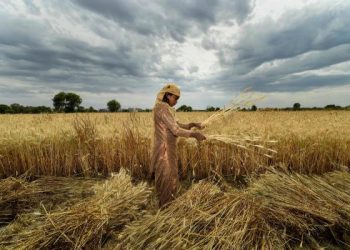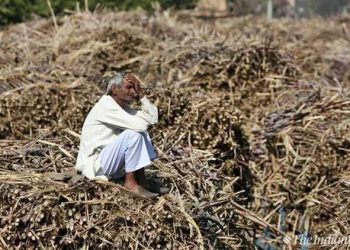TAD NewsDesk, New Delhi: Narendra Singh Tomar, Agriculture Minister on Thursday inaugurated cooperative Nafed’s programme which would help farmer producers organisations (FPOs) for beekeepers and honey collectors in five states. In order to make agriculture self reliant, the Central government has created 10,000 FPOs under a scheme and Nafed is part of the four implementing agencies.
The five states under the project are:
- West Bengal
- Bihar
- Madhya Pradesh
- Uttar Pradesh
- Rajasthan
An official statement after inauguration quoted Mr Tomar,
“Beekeeping in India is highly predominant in the unorganised sector among the rural and tribal population. Despite having a huge potential of honey production in the country, the beekeeping industry is still underdeveloped. The adoption level of beekeeping is also quite less due to various constraints.”
He added that,
Nafed will act as an intermediary and address the issue and it will try to fill up the gaps between the elements of the beekeeping supply chain and also ensure price remuneration to the beekeeping farmers.
Moreover, Nafed will work to increase employment opportunities in the field. It is also focusing on promotion.
Small and marginal farmers will have an improvement in the lifestyle when there would be an increase in income because of the honeybee keeping.
Together, this scheme will cover 340 villages in five states. This FPO will cover five blocks consisting of about 68 villages in the Morena district of the state. The other four FPOs will be set up in Sundarbans (West Bengal), East Champaran (Bihar), Mathura (Uttar Pradesh), and Bharatpur (Rajasthan).
The honey FPO will also help setting up of state-of-the-art infrastructural facilities for processing honey and allied beekeeping products like bee’s wax and propolis.
Under the new FPO scheme, the government has approved 2,200 FPO clusters to all implementing agencies for the current financial year. Foreign markets will also be made to help beekeepers and honey collectors to give an idea on the returns that are to be expected.
Source: The Economic Times










